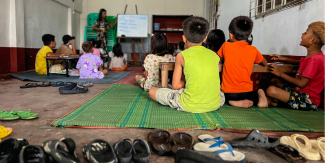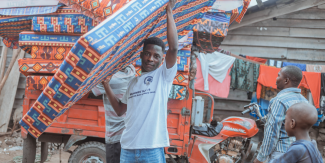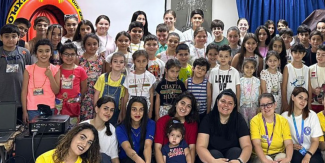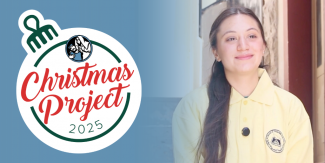 Gender inequality is a significant driver of global poverty rates, denying women and girls of their inherent, God-given dignity. In many cultures, women face barriers—even in their own homes—that limit their opportunities to learn and support themselves and their families. At least 60 percent of individuals living with chronic, extreme hunger are women and girls. In countries impacted by fragility, conflict, and violence, girls are 2.5 times more likely to be out of school than boys. Women make up more than two-thirds of the world’s illiterate population.
Gender inequality is a significant driver of global poverty rates, denying women and girls of their inherent, God-given dignity. In many cultures, women face barriers—even in their own homes—that limit their opportunities to learn and support themselves and their families. At least 60 percent of individuals living with chronic, extreme hunger are women and girls. In countries impacted by fragility, conflict, and violence, girls are 2.5 times more likely to be out of school than boys. Women make up more than two-thirds of the world’s illiterate population.
Empowering women to earn an income and support their families helps close these and other gender gaps. Education and employment lead to widespread benefits, including improved child nutrition, better health, and opportunities like small business ownership.
Nazarene Compassionate Ministries is working in partnership with local Nazarene churches in Ethiopia, Liberia, and Ghana to support the empowerment and dignity of women and girls. Through projects that open doors to education alongside vocational training and job placement assistance, women and their families are finding hope for a better and more secure future.
When you give to the 2024 NCM Christmas Project, you will help unlock the skills and resources women need to transform lives and communities.
Read on for Sado's story of how beauty treatment courses and reading and math education have helped her find purpose and community connection.

“We have grown up with the pain of life and hopelessness.”
Sado, 18, lives in Ethiopia with her mother and 10 siblings, ranging in age from eight to 28. Her father's departure several years ago ushered the family into perpetual instability. Food wasn’t always readily available, and times were hard.
“We mostly waited for food aid organizations who support refugees and needy people,” she shared. “We have also been homeless, just sleeping in forest areas or [near] farms.”
Sado’s story is not uncommon. Food security is a major concern in Ethiopia, and female-headed households are more likely to have less access to nutritious food and lower earning potential, a disparity that widened during the COVID-19 pandemic. To support her family, Sado helped care for her siblings, but getting an education and bringing in an income seemed impossible.
Sado’s life began to change when she enrolled in community vocational training courses in Ethiopia. She learned to read and do basic math and gained skills in henna art and beauty treatments—skills that enabled her to find work and improve her family’s outlook.
“I tell you seriously, my life was utterly changed,” she says about the project’s impact. “I never had any opportunity to read and write, but now I do. I have skills, and now I can get a job quickly.”
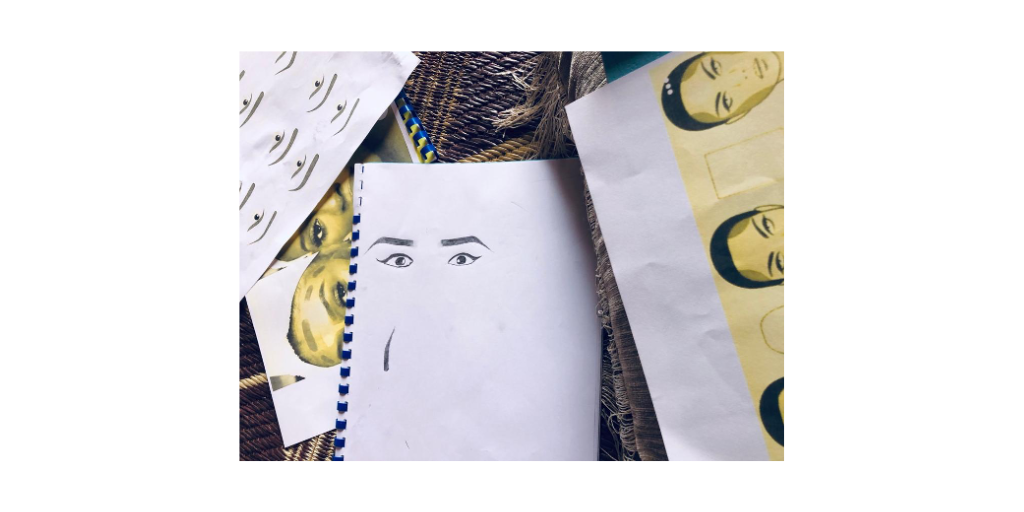
Sado’s mother also joined the project and received training in beekeeping and business. Together, the two women hope for an improved future in which they struggle less and are more tied to their community.
“Before we got out of bed in the morning [at] 11 am, it meant no hope, no work ... now, my mother and I get up early in the morning. She goes to a bee-keeping center and works with the team and [earns] income there, getting experience and friends. I make breakfast for the kids and try my make-up with the village girls. Now we have connections and friends.”
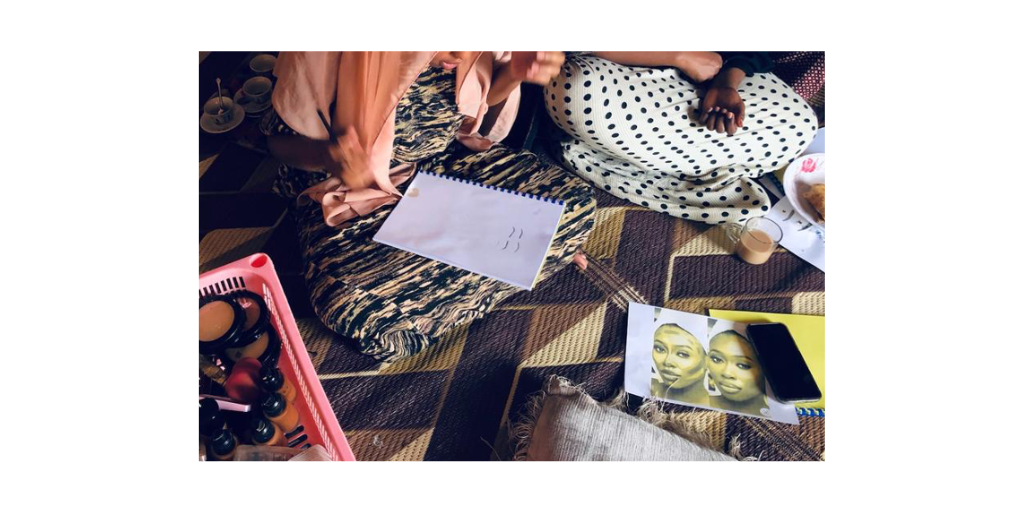
Sado’s not done dreaming about her future. After she graduates this year, her goals range from finding regular income herself to building a house for the family and sending all her siblings to school. Sado’s mother is quickly rising in the ranks of the project—she now leads other enrolled women, helping them gain the skills she has acquired.
“We already have hope and life, but want to continue this opportunity,” shares Sado.

